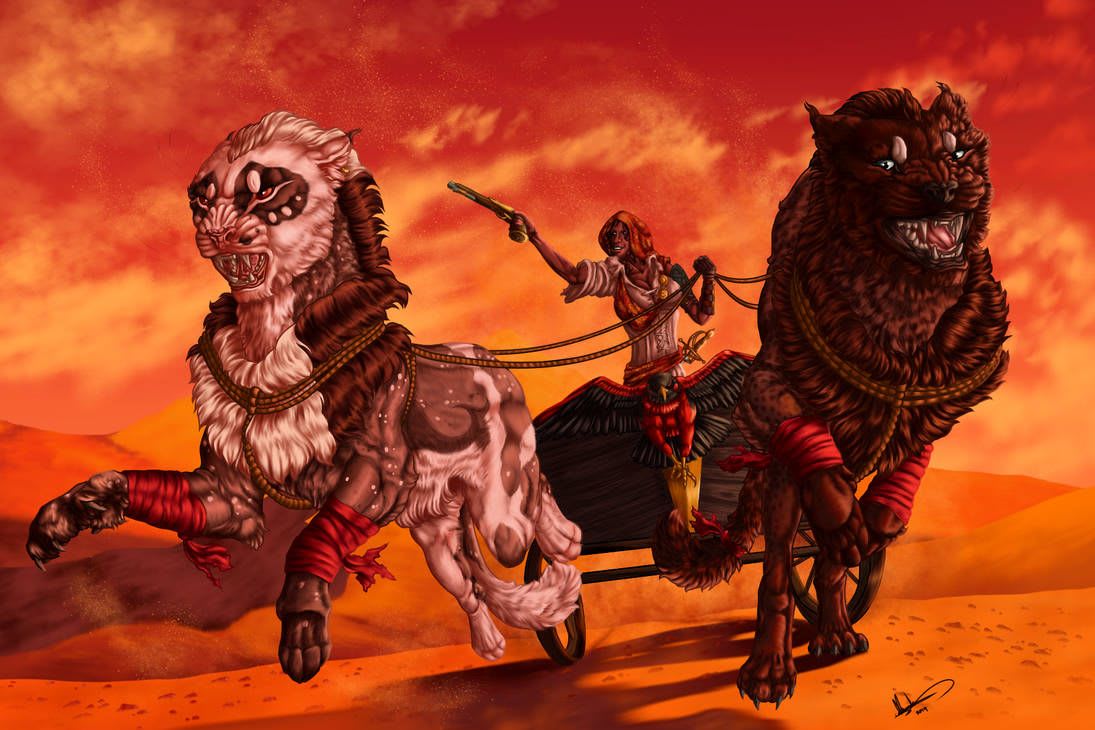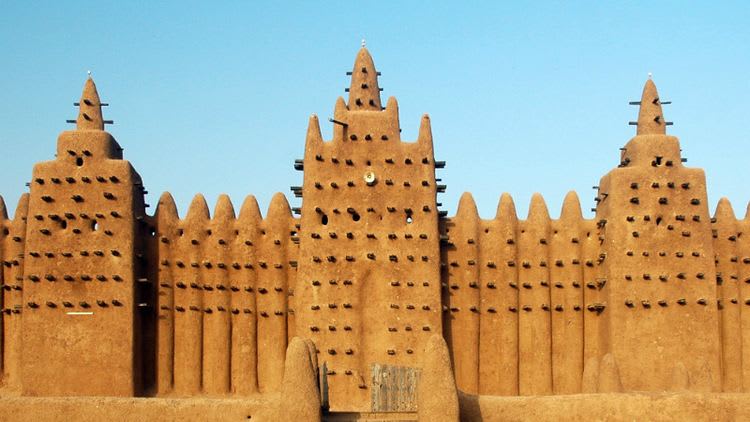A close analysis into the socio-political and economic events in Congo are suggestive of the detrimental long-term impacts of colonialism. While this view speaks to a horde of African countries in the sub-Saharan region, it is in the Congo that the colonial imprints reflect the most. Today, we look into the catastrophic consequences that colonialism had and still have in Congo. In the process, Belgium’s colonial sentiments are laid bare for all Africans to introspect and figure out what really needs to be done to cast the colonial shadows that hover around Zaire.
Congo, formerly the Congo Free State (CFS), stands as one of the world’s poorest countries with a GDP per capita of $456.89. The Africa Business Insider ranks her 5th on the tally of poorest countries around the globe. However, this does not mean that the country is not endowed with necessary facilities that can prop it up into the global economic competitive zones. Who does not know that the Democratic Republic of Congo (D.R.C) boasts of huge tracts of land with rich soils? It is common cause that Congo is home to one of the world’s largest stock of diamonds, gold and lithium among other valuable stones.
Furthermore, Democratic Republic of Congo is widely considered to be the richest country in the world regarding natural resources; its untapped deposits of raw minerals are estimated to be worth in excess of U.S. $24 trillion. However, it boggles the mind to figure out why the country remains stuck under the banner of Less Economically Developed Countries (LDCs). The definite answer to this, is the colonial history that the country bears.
Colonial history of Congo
The D.R.C is a former Belgian colony. In 2020, Congo celebrated her sixty years of independence from the shackles of Belgium’s oppressive and racist order. Its colonial background dates back to the infamous rule of King Leopold II. The latter is widely known for his racist letters of invitation to the Belgium missionaries for them to participate and sponsor the annexation of Zaire.
After the country’s successful struggle against the colonial bondage led by Patrice Lumumba the country’s first prime minister, the country went on to be plunged into a series of ethnic and tribal warfare. In fact, the country’s independence died with him. The ethnic conflicts earned much support from the bitter former colonial owners to the extent of fanning secessionist endeavours by local power mongers. The conflict led to the ultimate murder of Patrice Lumumba and the DRC has not known peace ever since.
Extractivism and imperialist activities
Instability forms a key component for unlawful extraction of natural resources. The hostile interference of western powers in Congo is aimed to destabilize Congo and ensure continuous conflict while resource extraction continues. It created some sort of ‘no man’s land’ artificial dilemma in the mineral rich Katanga province. The political unrest and lack of democratic power transfers led to various coups, creating room for western puppets and dictators. The puppets would then go on to advance the former colonial ruler’s economic interest and those of emerging powers. One such notorious figure was the long-time dictator Mobuto, who ruled the country with Western support for many years.
The United Nations itself failed to address the woes in Congo, leaving it a hostile nation exposed to pandemics such as Ebola and social nemesis like poverty and unrest. This is despite the fact that most companies from the West are investing through exploitation of Congolese minerals in order to come up with solutions to climate change. The advent of electric cars is a close example. The persisting conflicts in Eastern Congo were and are still being funded by western powers and former colonial masters.
The colonial imprints
62 years later, in Belgium, young people are working towards reclaiming their Congolese identity as remains of colonial rule are still dotted throughout their cities. The colonial pressures and influences are still deeply felt. The colonial imprints are still visible in Congo with former colonial master, Belgium and other Western powers such as the United States extending their imperial hands.
The contested Katanga province which is the hallmark of mineral wealth in Congo is still open for foreign investment. Concessions that were signed into by the Belgian government before independence are still in force and emerging super powers such as China now own a huge stake. Attempts to nationalise the mining industry have hit a brick wall and the country continues to grapple in former colonial shackles in the form of imperialism. What has changed is the colonial masters’ modus operandi yet the colonial status of the people rages on unabated. The political economy of this African country remains subject to its colonial footprints. Can we really be optimistic for a decolonised Congo in the nearest future as the people of Congo yearn for? Or its not yet Uhuru.







